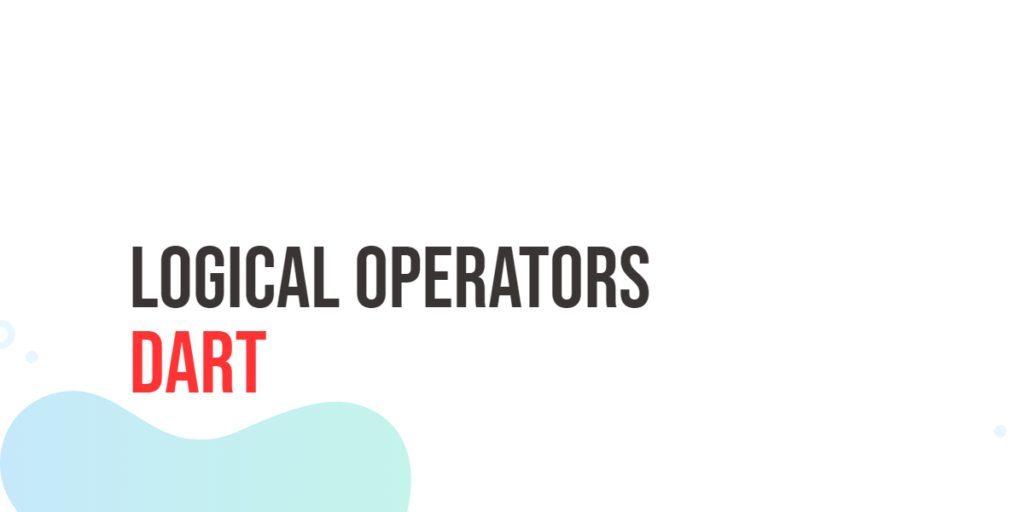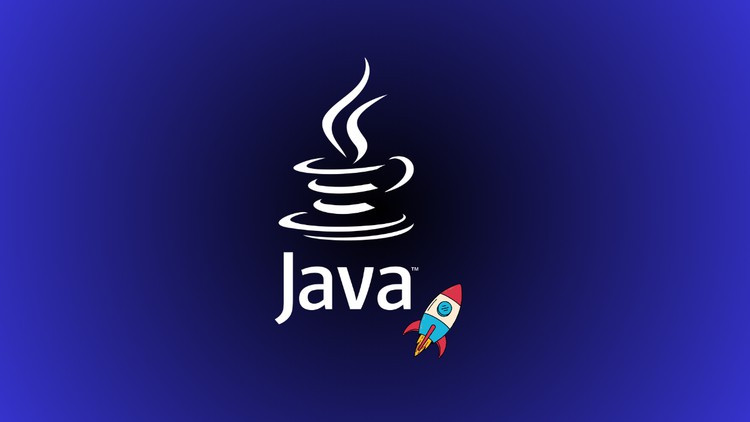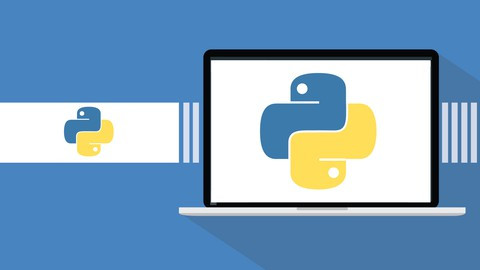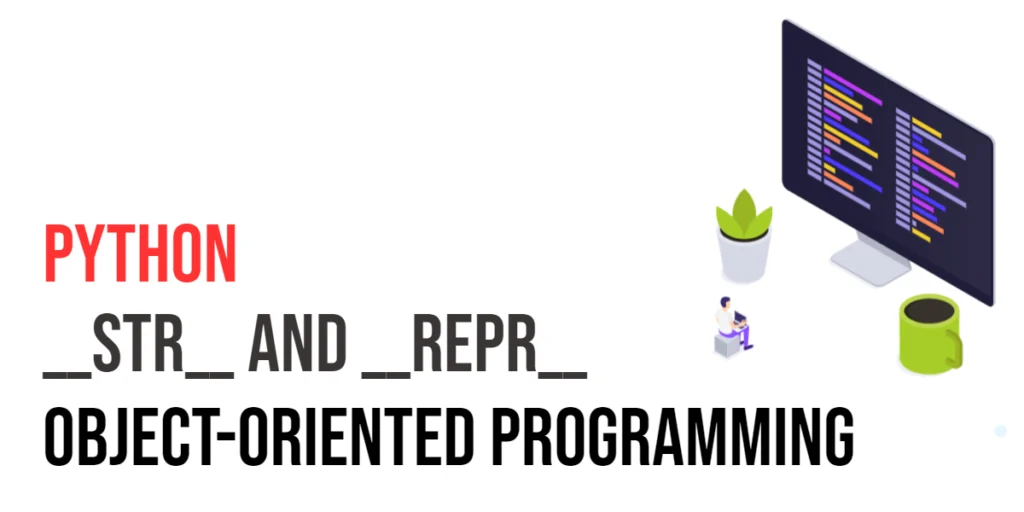Dart, a powerful and versatile programming language, provides a set of logical operators that allow developers to perform various operations on Boolean values. Logical operators are essential for controlling the flow of a program, making decisions, and managing conditions. In this article, we will explore Dart’s logical operators, and provide code examples to solidify your understanding.

with hands-on learning.
get the skills and confidence to land your next move.
Understanding Boolean Values
Before we explore logical operators, it’s essential to grasp the concept of boolean values. In Dart, a boolean can only have two values: true or false. These values are the building blocks of logical operations, enabling developers to make decisions and control the flow of their programs.
The Logical AND Operator (&&)
The logical AND operator (&&) is used to combine two boolean expressions. It returns true only if both expressions are true; otherwise, it returns false. Let’s consider a practical example:
void main() {
bool isRaining = true;
bool haveUmbrella = true;
if (isRaining && haveUmbrella) {
print("You can go outside with an umbrella!");
} else {
print("Stay indoors or grab an umbrella!");
}
}In this example, the program checks whether it’s raining (isRaining) and if the person has an umbrella (haveUmbrella). If both conditions are true, the program advises going outside with an umbrella; otherwise, it suggests staying indoors or grabbing an umbrella.
The Logical OR Operator (||)
The logical OR operator (||) is used to combine two boolean expressions. It returns true if at least one of the expressions is true. Consider the following example:
void main() {
bool hasCoffee = false;
bool isTired = true;
if (hasCoffee || isTired) {
print("Time for a coffee break!");
} else {
print("Keep working!");
}
}In this scenario, the program checks whether the person has coffee (hasCoffee) or is tired (isTired). If either condition is true, the program suggests taking a coffee break; otherwise, it encourages the person to keep working.
The Logical NOT Operator (!)
The logical NOT operator (!) is a unary operator that negates a boolean expression. It returns true if the expression is false, and false if the expression is true. Let’s explore an example:
void main() {
bool isSunny = true;
if (!isSunny) {
print("It's not sunny today. Grab an umbrella!");
} else {
print("Enjoy the sunny weather!");
}
}In this case, the program checks if it’s not sunny (!isSunny). If it’s not sunny, the program advises grabbing an umbrella; otherwise, it encourages enjoying the sunny weather.
Combining Logical Operators
Dart allows you to combine logical operators to create more complex conditions. Understanding the order of evaluation is essential when combining operators. Dart follows the standard order of operations, where NOT has the highest precedence, followed by AND, and then OR.
void main() {
bool hasInternet = true;
bool hasPower = false;
if (hasInternet && !hasPower || (hasInternet || hasPower)) {
print("Connected to the digital world!");
} else {
print("Disconnected. Check your connections.");
}
}In this example, the message “Connected to the digital world!” will be printed if either hasInternet and not hasPower or if at least one of them is true.
Short-Circuit Evaluation
Dart uses short-circuit evaluation with logical operators. This means that if the result of an expression can be determined by evaluating only a part of it, Dart will not evaluate the remaining part. This feature enhances efficiency and can prevent errors in certain situations.
void main() {
bool isSmartphoneAvailable = true;
bool hasInternetConnection = false;
if (isSmartphoneAvailable && hasInternetConnection) {
print("You can browse the internet!");
} else {
print("Internet access not available.");
}
}In this case, even though isSmartphoneAvailable is true, the second operand (hasInternetConnection) is not evaluated because the AND operator will always return false when one operand is false. Thus, the “Internet access not available.” message will be printed without checking the second operand.
Conclusion
Logical operators are essential in Dart programming, they allow developers to create conditional statements and make decisions in their code. Understanding how to use logical operators effectively can greatly enhance the readability and efficiency of your Dart programs.
References:







